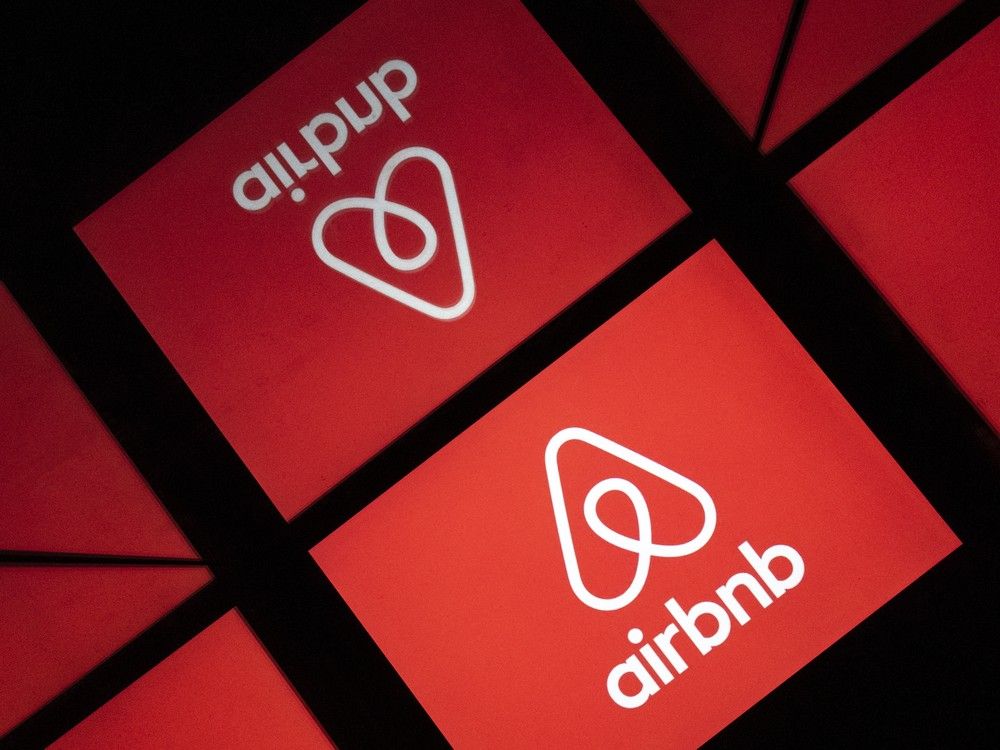
On Wednesday evening in her Mount Pleasant character home, 77-year-old Helen Hutton opened an email that would upend more than a decade of careful Airbnb hosting in Vancouver.
The message came from B.C.’s short-term rental registry: Hutton’s registration had been cancelled. By Thursday afternoon, her Airbnb listing was deactivated. Seventeen bookings from future guests disappeared in an instant.
“It said my registration number was being used across multiple listings and different addresses across the city,” she told Postmedia News on Friday.
Hutton says her experience exposed flaws in the province’s new short-term rental registry, which lacks safeguards to protect legitimate hosts from fraudulent use of their registration numbers and wrongful suspensions.
For more than a decade, the senior has welcomed solo travellers into her home, offering rental of a private bedroom and bathroom. With nearly 600 five-star reviews, her listing is among the top-rated on the online platform, and also provides essential income to supplement the senior’s pensions.
After the province flagged the issue, Airbnb removed all listings linked to the registration number, including Hutton’s, the following day.
Under the current system, hosts are legally required to hold a valid local business licence and display both their provincial registration number and municipal licence on all listings.
“All you have to do is open my listing on Airbnb and scroll down to see my registration number,” Hutton said about the regulations.
In a statement on Friday, an Airbnb spokesperson said the U.S. company cautioned the public about the May launch of B.C.’s short-term rental system, which it deemed as “being rushed.”
“The government moved forward anyway, and unfortunately legitimate hosts and British Columbians are paying the price,” the spokesperson added.
Airbnb said that the province and municipalities decided who is legally permitted to host, and any short-term rental listing deemed ineligible is flagged and required by law to be promptly removed from platforms like Airbnb.
On Friday, B.C.’s Housing and Municipal Affairs Ministry told Postmedia News that the rules have led to the takedown of more than 1,800 illegal listings in the past year through its Compliance and Enforcement Unit (CEU). The ministry didn’t clarify, when asked, whether any involved Airbnb operators.
“We also work with hosts to correct any issues in verifying their provincial registration number, including providing the necessary documentation to pass validation,” it added in a statement. “It’s disheartening to learn legitimate hosts are being impacted by this activity. We will continue to refine and strengthen our ability to catch this type of activity and deter future fraud, while protecting hosts following the rules.”
Hutton said that after her listing was removed, she immediately called and emailed the province’s short-term rental registry, pleading with officials to verify her identity and confirm that the address in question was her own.
“But all of my requests fell on deaf ears,” she said. “I was being punished for someone else’s fraud.”
It wasn’t until late Thursday that Hutton received a call from the registrar, who she said apologized and confirmed the cancellation had been an administrative error. Her registration number was reinstated, and Airbnb then reactivated her listing.
By that time, the damage had been done. Hutton spent five hours reaching out to guests whose bookings were cancelled. Some rebooked, while others, she said, were too spooked by the disruption.
“It scared some of them,” she said. “Others didn’t rebook, and I lost their business.”
Now, Hutton is speaking out to warn other Airbnb hosts who may be unaware that their registration numbers are vulnerable to misuse, with no way to protect their businesses.
“I don’t think the province is treating short-term rental hosts fairly,” she said.
While Hutton supports stronger regulation of short-term rentals, she believes the current system fails to provide basic safeguards and due process to protect legitimate operators.
“We have no recourse if something like this happens, no way to defend ourselves and our listings,” she said.
She hopes the province’s registry will improve its procedures and investigate before suspending hosts in future.
“This could easily happen to anyone,” Hutton said.